Detailed introduction of the University of Santiago de Compostela:
Introduction and Overview
Geographical location: Located in the ancient city of Santiago de Compostela, the capital of the Galicia Autonomous Region in northwestern Spain, with campuses also located in Lugo.
Student size: With a large number of students, more than 1,800 international exchange students from all over the world study here every year.
History and founding time
Founded in 1495 by Lope Gomez de Marsoa, it was originally composed of several colleges that taught theology, grammar and art research. In the early 16th century, Pope Clement VII approved the establishment of the Fonseca College, which later became the main body of the university. In the 18th century, the university completed the secularization process and got rid of the control of the church. King Carlos III gave it royal symbols and granted the land and buildings of the Jesuits to the university, which promoted the development of the university.
School Strength
Teaching Quality: As one of the oldest universities in Spain, it has high teaching quality, complete subject equipment, and provides a large number of undergraduate, master's and doctoral degree courses covering various fields. Its education quality is widely recognized both in Spain and internationally.
Faculty: It has an excellent faculty team. Many teachers have profound academic attainments and rich teaching experience in their respective fields, and can provide students with high-quality education and guidance.
Scientific Research Strength: It is a comprehensive research university with fruitful scientific research results. It has carried out in-depth research in multiple disciplines and has made important contributions to promoting academic progress and social development.
Institutional Nature
Public University.
Educational Philosophy
Focus on cultivating students' comprehensive quality and innovation ability, committed to serving the society with knowledge and leadership, emphasizing the close integration of academic research and social needs, providing students with a comprehensive development education environment, and cultivating professionals with social responsibility and international vision.
Key Laboratories and Disciplines
Key Disciplines: In the 2021 QS In the world university subject rankings, agriculture and forestry ranks 151st in the world, modern linguistics ranks 201st in the world, and chemical engineering ranks 201-250th in the world. Many subjects are at the forefront of the world and are at the top level in Spain.
Key laboratories: The school has many advanced scientific research laboratories, but the specific key laboratories are not clearly found.
Department Settings
It has 23 departments, 16 colleges and 75 departments, covering arts and humanities, science, health sciences, social law, engineering and architecture.
Ranking
Ranked 523rd in the 2021 U.S. News World University Rankings and 12th in Spain.
Ranked 501-600 in the 2019 Shanghai Jiao Tong University World University Rankings.
Ranked 651-700 in the 2020 QS World University Rankings.
Ranked in the top 500 in the 2024 Academic Ranking of World Universities.
Expenses
Tuition fees: Tuition fees for undergraduate and master's programs vary depending on the major and course type, and are generally around 2000-3000 euros/year.
Living expenses: In Santiago de Compostela, the monthly living expenses are approximately 500-800 euros, including accommodation, food, transportation, etc.
Campus Environment
Campus Distribution: It is divided into Santiago de Compostela Campus and Lugo Campus, with a total area of more than 1 million square meters and 82 buildings.
Teaching Facilities: The school has modern teaching facilities, including libraries, laboratories, teaching buildings, etc., which provide good conditions for students' study and research. Its library has a rich collection of books and is the fifth largest university library in Spain.
Cultural and Artistic Atmosphere: The Galician Autonomous Region is rich in cultural atmosphere. Various cultural activities, academic lectures and art exhibitions are often held on campus, providing students with a broad cultural exchange platform, so that students can feel the strong cultural and artistic atmosphere while learning professional knowledge, broaden their horizons and improve their comprehensive quality.
-
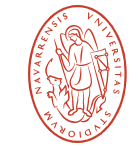
University of Navarra
-
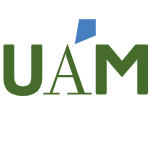
Autonomous University of Madrid
-
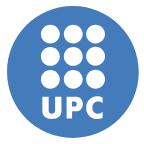
Polytechnic University of Catalonia
-

CEU University of San Pablo
-
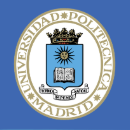
Technical University of Madrid
-

University of Lleida
-
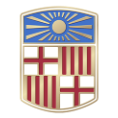
University of Barcelona
-
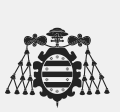
University of Oviedo
-
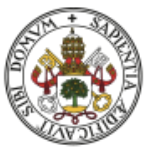
University of Valladolid
-
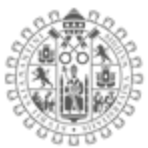
University of Salamanca
-

Mesoamerican University
-

Istmo University
-

Mariano Galvez University of Guatemala
-

Regional University of Guatemala
-

Galileo University
-

Francisco Marroquín University
-

Rafael Landívar University
-

University of the Valley of Guatemala
-

University of San Carlos of Guatemala
-

Technological Institute of Tlaxcala Plateau
-

Golfo University
-

Technological University of South Sonora
-

Technological University of Huejotzingo
-

Tizimín Institute of Technology
-

Chilpancingo Institute of Technology

